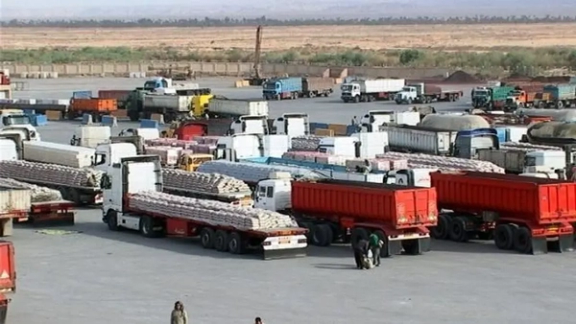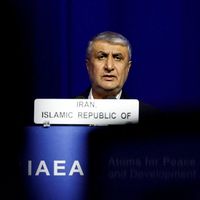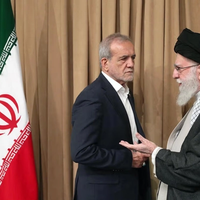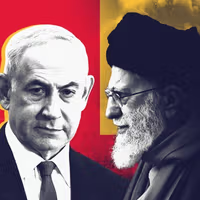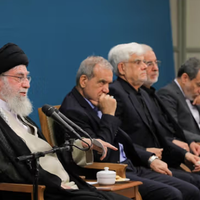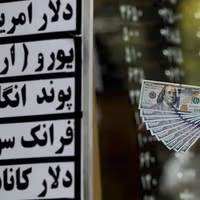Turkey’s decision to revoke fuel tax exemptions for Iranian vehicles, effective December 29, has left hundreds of Iranian trucks stranded at border crossings, sparking outcry among drivers and escalating tensions between the two regional powers.
Turkey recently introduced a policy requiring Iranian trucks to pay a fuel tax equivalent to 155% of its special consumption tax. The Turkish newspaper Cumhuriyet reported that the tax “applies to all commercial vehicles with Iranian license plates, excluding buses.”
Hundreds of Iranian trucks cross into Turkey on weekly basis as their main transit route to European countries.
Turkish officials argue that the measure is a response to Iran’s Full Tank Plan, which mandates foreign trucks transiting Iran to pay a fuel surcharge for using Iran's extremely cheap diesel. Fuel in Iran is almost 20-fold cheaper than in other regional countries, because the government subsidizes gasoline and diesel. In addition to the subsidized fuel, Iran's rial has dropped to historic lows against foreign currencies, making fuel even cheaper for Turkish truckers.
Now, Iran has retaliated by halting fuel supplies to Turkish trucks as of January 3. The move has caused widespread disruptions, with Turkish drivers protesting what they see as unjust penalties.
Iranian truck drivers are also affected. Drivers report paying penalties of up to 27 liras per liter of diesel under Turkey’s new regulations.
One Iranian driver told Iran International that he earned 1.7 billion rials (over $2100) for transporting a load across Turkey, but incurred 2.7 billion rials (around $3400) in costs due to the new Turkish tax.
Economic and geopolitical implications
The trade dispute is compounded by the broader geopolitical rivalry between the two nations. Despite ambitious goals to increase annual bilateral trade to $30 billion, trade volume has remained at around $7.5–10 billion, reflecting persistent tensions.
These economic pressures mirror political divisions. Turkey's support for Syrian opposition groups and its backing of efforts to oust Bashar al-Assad stand in stark contrast to Iran’s investments in propping up Assad’s government. Recent Turkish gains in northern Syria have drawn criticism from Iran, with Supreme Leader Ali Khamenei accusing unnamed neighbors of pursuing territorial ambitions in the region.
This trade dispute is not an isolated event but part of a broader pattern of actions perceived as hostile to Iranian trade. Turkey’s ally Azerbaijan recently blocked Iranian trucks from transiting through a key route, further restricting Iran’s access to European markets.
The escalating conflict has disrupted vital trade networks and exacerbated economic challenges for both nations. Without resolution, the row could deepen political and economic divides, setting a concerning precedent for regional trade and stability.
